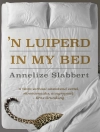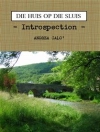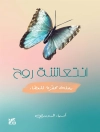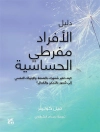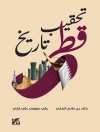For many people ‘nature’ means wilderness and wild animals. It is experienced indirectly through magazines and television programmes or through visiting the highly managed environments of national parks. Nature, however, is not external, separate from the world of people – we live in nature and interact with it daily.
In this book, Jacklyn Cock describes how these intricate and complex interconnections, seen and unseen, are often ignored. Each of the ten chapters examines an aspect of our relationship with nature: ignoring, understanding, enjoying, imitating, privatising, polluting, abusing, protecting as well as organising for nature. The concluding chapter deals with the growing inequality between the North and the South.
The War Against Ourselves compels us to re-examine our relationship with nature, to change our practices and dissolve present binary divisions such as people vs. animals, economic growth vs. environmental protection, ‘nature’ vs. ‘culture’. It demonstrates the need for an inclusive politics which brings together peace, social and environmental justice activists who believe that another world is both possible and necessary.
विषयसूची
Acknowledgements
Abbreviations and Acronyms
Introduction
Chapter 1: Ignoring nature
Chapter 2: Understanding Nature
Chapter 3: Enjoying Nature
Chapter 4: Imitating Nature
Chapter 5: Privatising Nature
Chapter 6: Polluting Nature
Chapter 7: Abusing Nature
Chapter 8: Protecting Nature
Chapter 9: Organising Nature
Chapter 10: Rethinking Nature
Endnotes
Bibliography
Index
लेखक के बारे में
Jacklyn Cock is a professor emeritus in the Department of Sociology at the University of the Witwatersrand, Johannesburg and an Honorary Research Professor in the Society, Work and Development Research Unit (SWOP). She has written extensively on environment, gender and militarisation issues. Her most recent previous book is The War Against Ourselves: Nature, Power and Justice (2007). She is best known for Maids and Madams: A Study in the Politics of Exploitation (1980).


